In my favourite TV series, White Collar, one of the characters says that if you want a happy ending, it depends on when you end the story. And Rainbow in the Dark, a collection of memoirs by Ronnie James Dio, edited by his wife, Wendy, and renowned music writer Mick Wall, starts when Ronnie is six years old and ends at exactly the right place, just as Dio headline Madison Square Garden in June 1986 on their Sacred Heart tour, a time argued by many to be the height of Ronnie’s commercial success.
Ronnie James Dio – Rainbow in the Dark: The Autobiography (Constable)
Edited by Wendy Dio and Mick Wall
Release Date: 27 July 2021
Words: Mark Rotherham
Interestingly, May 1986 was the first time I ever saw Dio, in Hannover, West Germany, also on the Sacred Heart tour. And it was an amazing show.
Although complied into seventeen chapters, you could easily divide the book into four parts: Ronnie’s early life up to Elf, Rainbow, Black Sabbath, and then Dio.
Ronnie’s narrative starts at the end, if you like, at Madison Square Garden, just before Dio’s headline concert starts, and it’s a statement of achievement, actualisation, of having done what he’d said he’d do twenty-five years earlier, and it sets the scene for the book, which tells us exactly how Ronnie got there.
And exactly is the right word. Ronnie seems to have been an absolute machine at writing notes about his past because it’s all recounted as though it just happened. We read about how, at his father’s insistence, Ronnie started playing the trumpet at age six. The breathing techniques he learned went on to make a big difference as he became a singer. You can also see how his father’s discipline, work ethic and perfectionism rubbed off on him, qualities we’ve all known or read about that relate directly to Ronnie himself. We also learn the origin of the Devil’s Horn sign, which his grandmother used all the time.
And of course, Ronnie’s rich Italian American heritage is evident right through the book, but especially so at the start. You could easily imagine Robert De Niro or Joe Pesci reading the narrative. As Ronnie is introduced to rock ‘n’ roll and the blues, he learns there is more to music than his classical lessons, and in a slightly dangerous move, he changed his name to Ronnie Dio, Mafia Musician, after Johnny Dio, the real Mafia boss. And he was real too. Ronnie had several near misses when members of the mob came looking for Johnny’s musician nephew. Thankfully for all of us Metal fans, they never found him.
And Ronnie’s survivability is no more apparent in the number of car crashes and later aircraft belly landing incidents that he walked away from. Some of these episodes were tinged with tragedy, one involving a drunk driver who killed Ronnie’s then-guitarist, Nick Pantas.
The next few chapters take the reader on an aspirational, never-quit journey as Ronnie took up the bass guitar and sought fame and fortune with The Vegas Kings, then Ronnie and the Red Caps. At that time, he also dropped out of university and joined a gang called The Angels.
You can tell by the way Ronnie writes, talks, the musicians he’s worked with, or if you’ve ever seen or heard one of his interviews, that he was a real anglophile. And that influence started with the Beatles. Ronnie wasn’t alone in wanting to be like them, and he developed a real appreciation of the British sound of the sixties. At that time, Ronnie and the Red Caps were then renamed Ronnie Dio and the Prophets, and it’s then that musicians who would later become Elf and also the first incarnation of Rainbow started to come into Ronnie’s life.
Death of Nick Pantas
As Ronnie Dio and the Prophets changed into Electric Elves, then shortened to The Elves, the death of guitarist Nick Pantas hardened the band’s resolve to succeed. By this point, they were touring in support of major stars and really getting a taste of the rock ‘n’ roll lifestyle, as well as honing their own skills as musicians. But it wasn’t until Doug Thaler left the band that the rest of them basically had to think for themselves. Their own influences and musical styles came through, and they became a hard rock band, in keeping with the musical fashion of the time. In 1971 they changed their name to Elf, and Ronnie’s voice became more gravelly and like the one we’re all used to hearing. It wasn’t long after then that the connections that changed Ronnie’s life were made.
Elf were signed to Purple Records, and when they weren’t making records, they were supporting Deep Purple on tour. It was a real learning time for Ronnie, who also writes about Elf opening for Alice Cooper if there were three bands on the bill, and how the Alice Cooper live show influenced the Dio sets in the ’80s. Having seen Dio in the ’80s and Alice Cooper a lot more recently, the big stage show, lots of effects, and really giving the crowd some bang for their buck is something that Dio and Alice Cooper can both be quite happily accused of.
At this point, Ronnie’s narrative becomes very quirkily quasi-English. At the time Elf made their second album at Richard Branson’s Manor Studio, the band spent a lot of time in the UK, and the culture really rubbed off on Ronnie. It wasn’t superficial either. How many Americans have heard or even use the term quid, liked watching Fawlty Towers, know about pubs and ale or what Stella’s nickname is? Ronnie James Dio did.
Ritchie Blackmore
But by the time Elf’s third album was in the can, things were changing. Ritchie Blackmore was looking to leave Deep Purple, Ronnie jammed with Ritchie, and what started as a guest recording on a few songs turned into the formation of Rainbow.
Or maybe that was always Ritchie’s plan. According to Ronnie, who knew him as well as anyone, you could never quite be sure. And if you were in Rainbow but weren’t Ritchie Blackmore, you could never be sure when you’d be fired either. And so it was with the three other Elf members Ronnie brought with him. Rainbow became a seismic collection of immense talent, but none of it stayed around for very long. As Ritchie used to say, keep it fresh.
But the experience for Ronnie was huge. Up until that point, it was good times and rock ‘n’ roll. But with the coming together of Ritchie and Ronnie, for a while at least, their stars were aligned, they both wanted to develop and play the same kind of music, and the combination of two such vast talents was colossal.
Ronnie also takes the time to mention how he met Wendy, his wife, and how the song Rainbow Eyes was about her. Wendy also adds to the narrative with her take on how they met and got together.
While Ronnie and Ritchie were very close and actually needed each other musically, Ronnie pulls no punches with his candid description of Ritchie’s practical jokes and wicked sense of humour. What they both had in common, though, was perfectionism, and for a time, the same musical vision. It was that shared belief and driving talent that brought us three amazing studio albums, including Rising, an absolute monster of an album, even now.
Unfortunately, though, Ritchie’s penchant for getting shot of his band members like they were belt-fed ammo had its drawbacks, and Ronnie describes the delays in getting replacements, meaning their 1977 US tour was postponed, which may well have lessened the impact they could have made.
Long Live Rock ‘N’ Roll
If any Rainbow fans ever wondered what the cryptic note ‘no thanks to Baal’ meant on the sleeve of Long Live Rock ‘N’ Roll, Ronnie’s last album with Rainbow, Ronnie tells all, citing stories of very strange goings-on at a creepy French chateau where the album was made.
There are also some real pub quiz nuggets also thrown out about the songs on Ronnie’s last album with Rainbow. I’d vaguely heard that LA connection was something to do with Tony Carey, and here Ronnie gives all the details, but who knew that Kill the King was actually about chess? Dio fans out there, and I count myself as one, be prepared to learn loads about the man and his work in this book.
Like the time he was hit on stage by a bottle thrown at him, got his head stitched and then came back on to finish the set, no football-player histrionics for this guy.
For as long as Ronnie and Ritchie were following the same script, they made a formidable combination, but once Ritchie sought more commercial success, Ronnie bailed, choosing to jump before he was pushed. In singing for Rainbow, a fundamental of Ronnie’s personality was laid down: he played his music his way, but unlike Ritchie, commercial success was secondary to the music.
Fine principles, but it sent Ronnie straight into unemployed homelessness. Despite Rainbow Rising, despite being part of a world-class band for three amazing studio albums and an absolutely seminal live one, there was no rock star paycheque waiting for him and no royalties. So with Wendy now as his manager, they headed to LA with little more than hope and belief.
Given what was to follow, it’s almost unbelievable that it was Wendy’s connections with Sharon Arden, soon to be Sharon Osbourne, that got Ronnie the contact with Tony Iommi and a spot as Ozzy’s replacement in Black Sabbath. Cue the stand out moment for me in this book as Ronnie is arrested for his one and only use of cocaine, and he gets such a monumental thunder-bollocking by Wendy that even the police were impressed.
There are also lots of insights throughout the book about the management machinations that follow every band, although the fans don’t always get to see it. The convoluted dealings and motivations of the suits are almost a soap opera in itself, although the hard business sense coming into conflict with the musical creativity would probably come as no surprise to most music fans.
Devil’s Horns
Ronnie also gives the final line in the Devil’s Horns story, from where it stuck in his mind having seen his grandmother use the sign all the time, to wanting a way to connect with the Sabbath fans, to let them know he wasn’t just a session man, that he had something to offer them.
So he used the horns.
And you can say what you want, but they are a part of Metal folklore now.
Much like Heaven and Hell is, and it’s hard to over-estimate just how important the album was for Black Sabbath. Or how unbelievably good it still is. Over the years, Ronnie has consistently said that Black Sabbath was his favourite band, and in the book, he’s even more emphatic, saying that if they’d kept the line-up together, they’d have been the biggest band in the world. Given the resurgence of Heavy Metal at the time, there would be few detractors.
But just like Rainbow, although for entirely different reasons, a line-up that oozed sheer talent and chemistry didn’t, wouldn’t, or even, tragically, couldn’t last. There was history and baggage from years before to contend with, and while it just about survived Bill Ward’s departure, the long term damage was done. In helping Black Sabbath on the publicity and interview front, it had the unintended action of fuelling suspicions that Ronnie wanted to take over the band. After the tour in support of the album Mob Rules, it quickly turned sour, and by the time Live Evil was being mixed, the oft-repeated stories about who was sneaking into the studio at night to alter the mix started circulating. Ronnie denies this, and his own assessment of Live Evil is a lot of overdubs and very little crowd noise, both good points. Having said that, it remains for me one of my favourite live albums.
Ronnie poignantly described what could have been and expressed real regret at what, looking back, seems an utterly banal reason for an argument but actually turned out to be why he left Black Sabbath.
But it was what it was. Ronnie was out of Black Sabbath and back to square one. Albeit a world-renowned singer back to square one and looking for a band. This time though, Ronnie didn’t take any chances. This was going to be his band, his way, and no way was anyone telling him what to do. It was a big gamble, and Ronnie was reminded of the chance Ritchie took when he started Rainbow. Unlike Rainbow, Ronnie and Wendy emphatically point out that all band members were regularly paid and also got their royalties, a subject that has been talked about on both sides of the argument ad infinitum ever since.
And if you want to know about Jake E Lee’s involvement in the embryonic Dio stages, look no further than this book. You won’t believe how he got the gig with Ozzy.
Dio, mark one
The mark one Dio lineup of Ronnie, Vivian Cambell, Jimmy Bain and Vinnie Appice was absolutely corrosive. The huge success of their first album, Holy Diver, has been well documented, and its position as an all-time classic Heavy Metal album is assured. It was exactly what Ronnie needed, but even he was probably surprised at the hugely positive reception it received. Although it was no chance thing, and Wendy’s astute management skills ensured that the album’s release was known about by all the right people, as were the live shows.
After The Last in Line album and tour, which for my money was better than Holy Diver, Ronnie describes the band being straight into the studio to record their third album, Sacred Heart. He talks in great detail about the developing rift with Vivian, which ultimately led to his departure during the Sacred Heart tour, and his replacement, Craig Goldy.
I think most of us would agree that as an album, Sacred Heart was good, although it didn’t quite hit exactly the same spot as the two previous albums. But the tour was an absolutely different story altogether. It was my first Metal concert in May 1986, and it’s still the most memorable. A ruined castle, lasers, a fire breathing dragon, it was amazing. And that’s before you chuck five on-fire talented musicians into the mix. Ronnie describes how he’d been thinking about the whole concept for a long time, and he wanted everything to be perfect. Well, I had no complaints, that was for sure.
The Hear ‘n’ Aid project, which Vivian took part in but was released after he left the band, also gets a mention, and Ronnie is effusive about the selfless contribution by the Metal community to a famine relief single and album. If you’ve never heard it, I seriously recommenad the extended version of the single, Stars.
Which then takes the reader full circle, and the night before Dio headline Madison Square Garden.
This book is an essential read, a unique insight into the mind of a true Heavy Metal hero.
It is a musical journey that Ronnie started as a passenger but ended entirely on his terms, and none of it was easy.
But I daresay he wouldn’t have had it any other way.
Stand Up And Shout For Ronnie James Dio’s birthday bash event will be help tomorrow, 10 July, from 10 pm BST.
As well as specially selected vintage DIO and Dio Cancer Fund event merchandise, there are a limited number of copies of Rainbow in the Dark: The Autobiography, written by Ronnie James Dio, signed by Wendy Dio, which are being made available prior to its publication 27 July.
For more details, visit https://www.metaltalk.net/more-additions-to-the-ronnie-james-dio-virtual-party-lineup.php
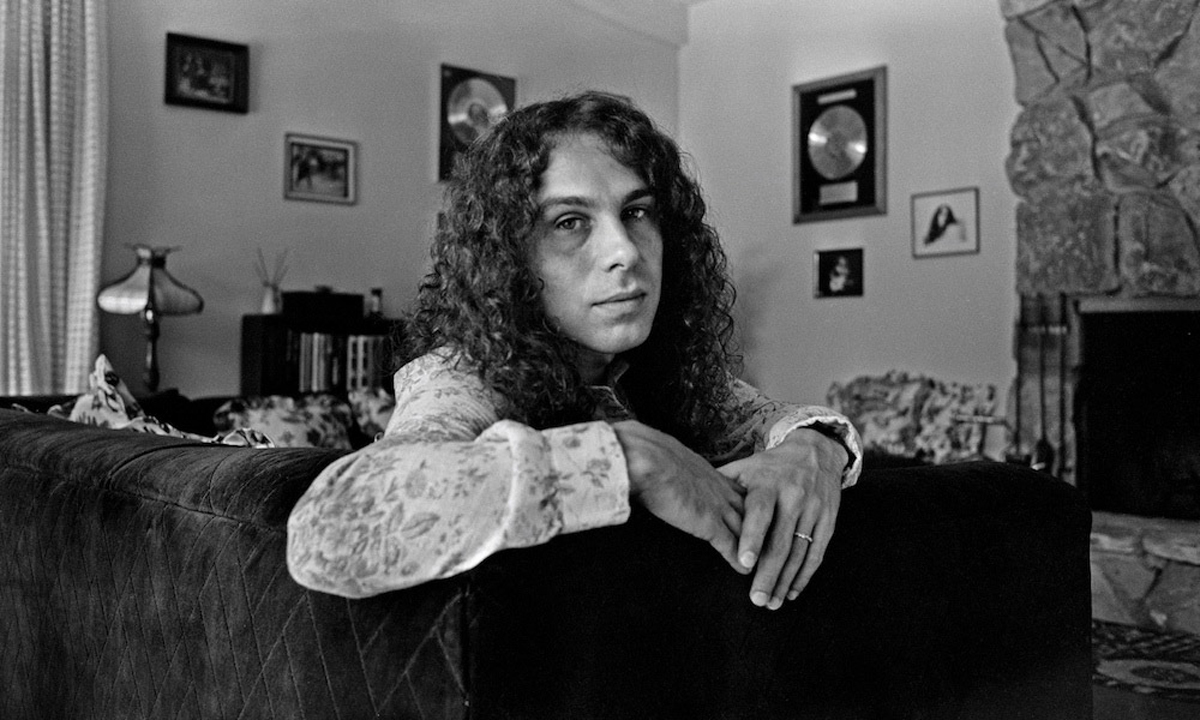

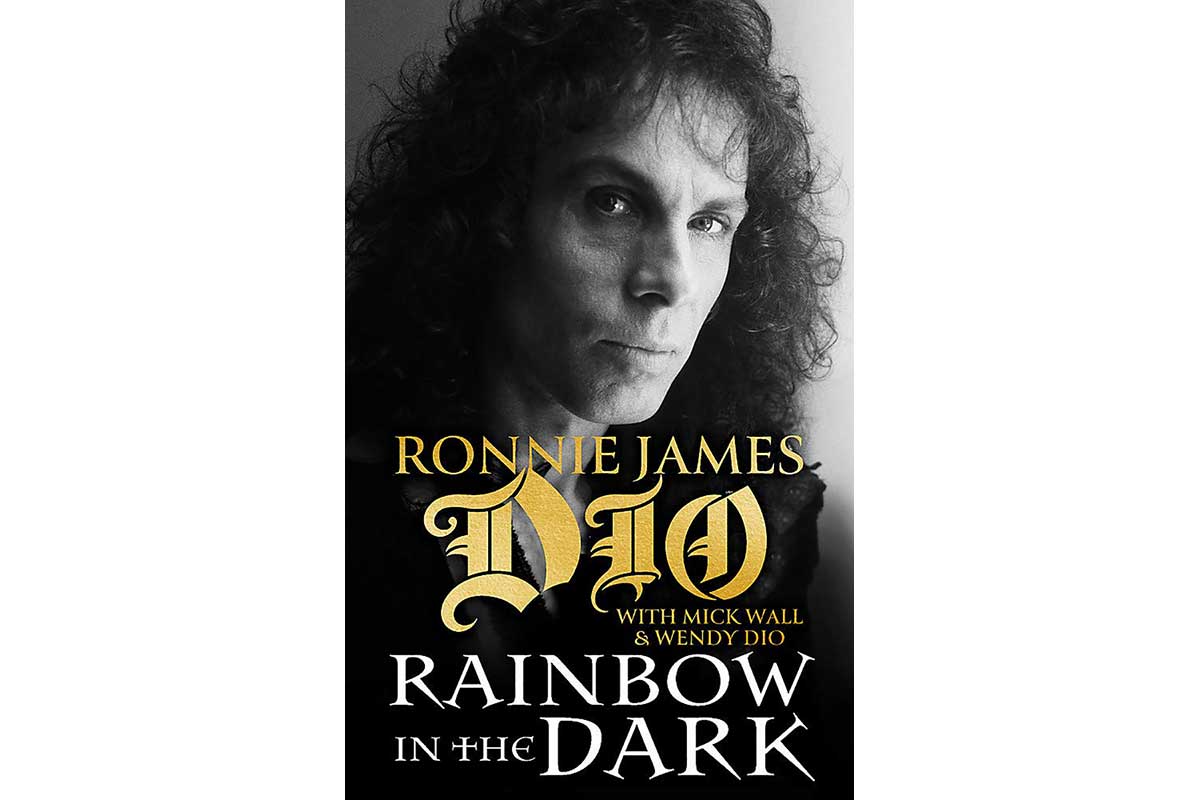
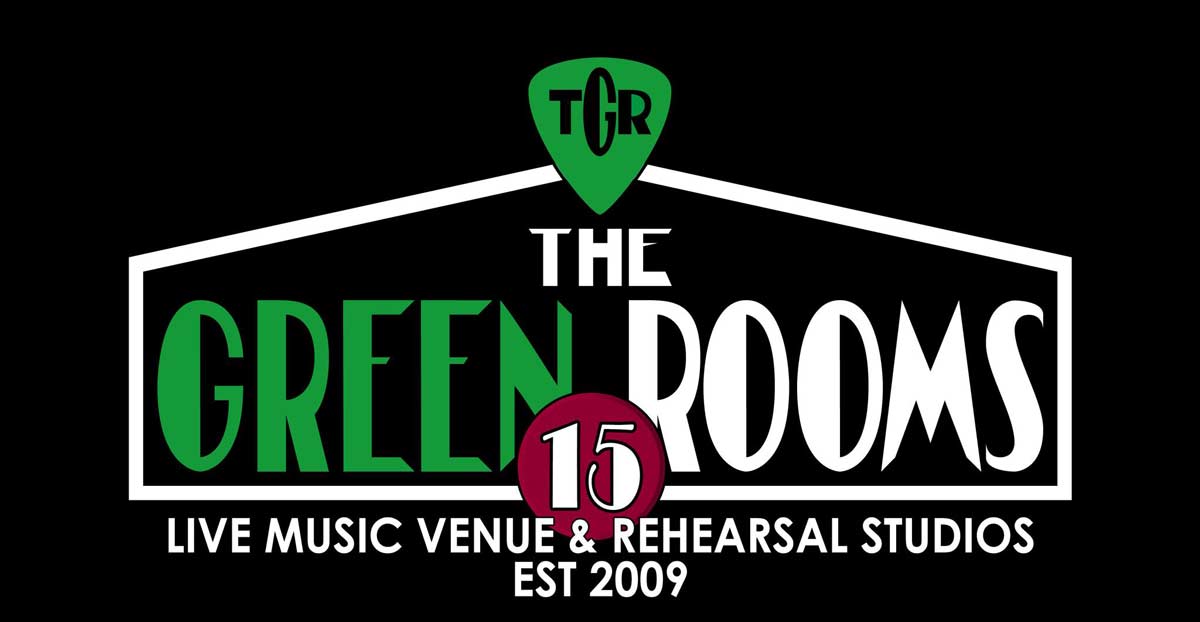
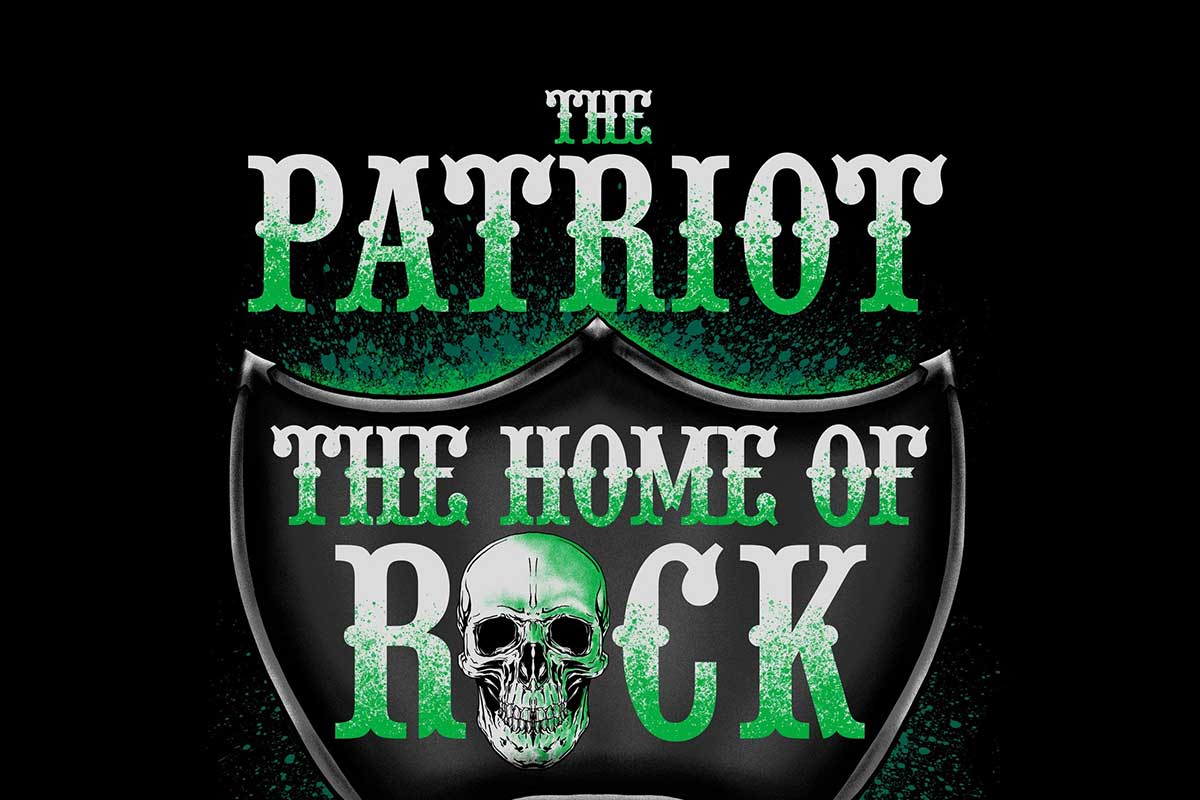

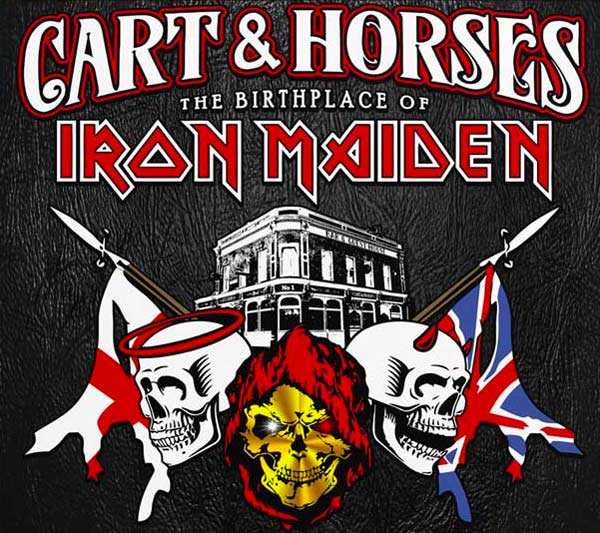
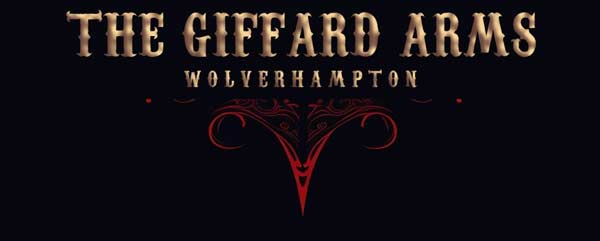
I am so looking forward to reading this book ! I’ve been a fanatical RJD fan since the Elf days and he has always topped my favorite vocalist list. He also highly influenced me during my singing days.
My only question is: Will there be a part 2 ? I don’t agree that it “stops at exactly the right place”. I mean, I’m kind of disappointed that this book stops at 1986. There were a lot of things that happened after ’86 that personally, I am VERY interested in hearing about. It’s not like RJD’s career came to an end after that show at MSG. There were more awesome, (in my opinion), albums, guest appearances and unfinished concepts that I’d love to see delved into. Not to mention the “Heaven and Hell/Black Sabbath” reunion and the inside scoop on how it came about and of course, the timeline of the cancer that would take down an undeniable legend .
With all that being said, I truly look forward to having this book in hand and it having in it’s righteous place among my Ronnie James Dio collection. Thanks for writing a great review, btw.